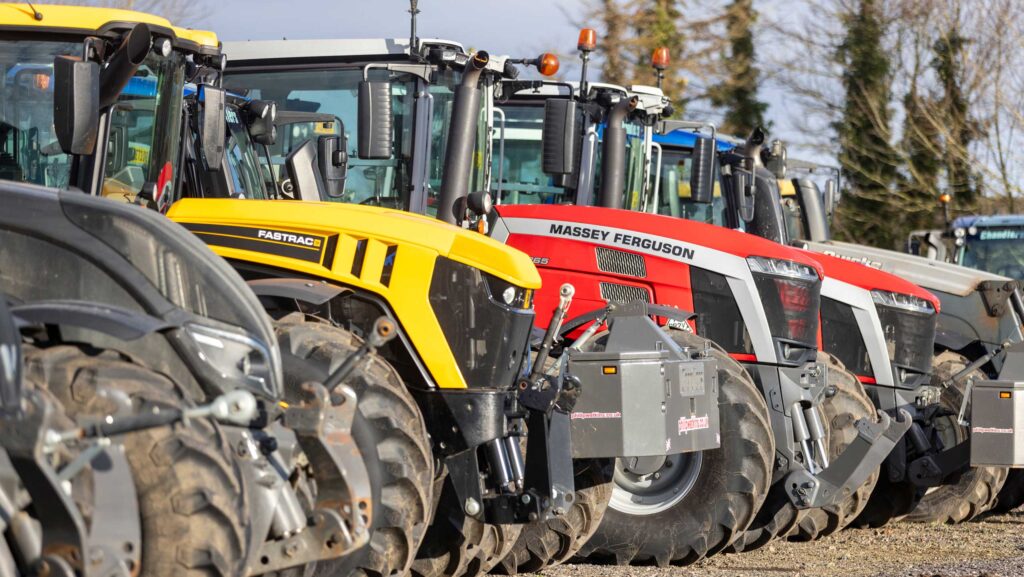UK ag machinery firms work to mitigate US tariff impact
 © GNP
© GNP An already stretched agricultural machinery sector was dealt another blow last week with the announcement of a 10% tariff on exports to the US.
Agricultural machinery firms avoided the higher 25% tariff imposed on the motor industry, but will still face significant barriers to trade.
Businesses are now frantically looking for solutions to reduce the impact, with costs and export sales set to be hit.
See also: Tractor registrations slump to 24-year low
Manufacturer JCB has announced plans to double the capacity of a new factory in the US to 1m sq ft to mitigate some of the impact.
Its new $500m (£389m) site in Texas is set to employ up to 1,500 workers and is due to open for production next year.
JCB chief executive Graeme Macdonald said: “In the short term, the imposition of tariffs will have a significant effect on our business.
“However, in the medium term, our planned factory in San Antonio will help to mitigate the impact. We are thankful that the tariff is only 10% and we can only hope that the UK government will conclude negotiations on a trade deal in the coming days and weeks.”
Meanwhile, Case New Holland (CNH) has reportedly paused shipments between Europe and North America while it assesses the impact of tariffs.
Farmers Weekly has contacted CNH for further comment.
Many smaller UK agricultural equipment manufacturers are also expecting export sales to be hit, and there are concerns of potential increased competition in the UK market.
The UK government continues to work towards a potential trade deal with the US, but has not ruled out introducing retaliatory tariffs if needed.
An indicative list of products which could potentially be subject to tariffs in response has been published by the Department for Business and Trade, including both tractors and agricultural machinery.
Struggling machinery sector
The introduction of a US tariff is not the only challenge for agricultural machinery firms, with reduced demand and increased costs already affecting the sector.
UK tractor sales have been slow for some time and new registrations fell to a 24-year low in March.
Revenue at CNH was down by 20% on the year in 2024 at $19.8bn (£15.4bn) and agricultural sales are forecast to fall further again in 2025.
CNH chief executive Gerrit Marx said: “The challenging market conditions will continue at least through the first half of 2025, and we will keep production levels fairly low by design, to drive channel inventory down further.”
Many machinery firms, along with other large-scale employers, have also been hit with higher staffing costs, with minimum wage increases and higher employer National Insurance contributions being introduced in April.
